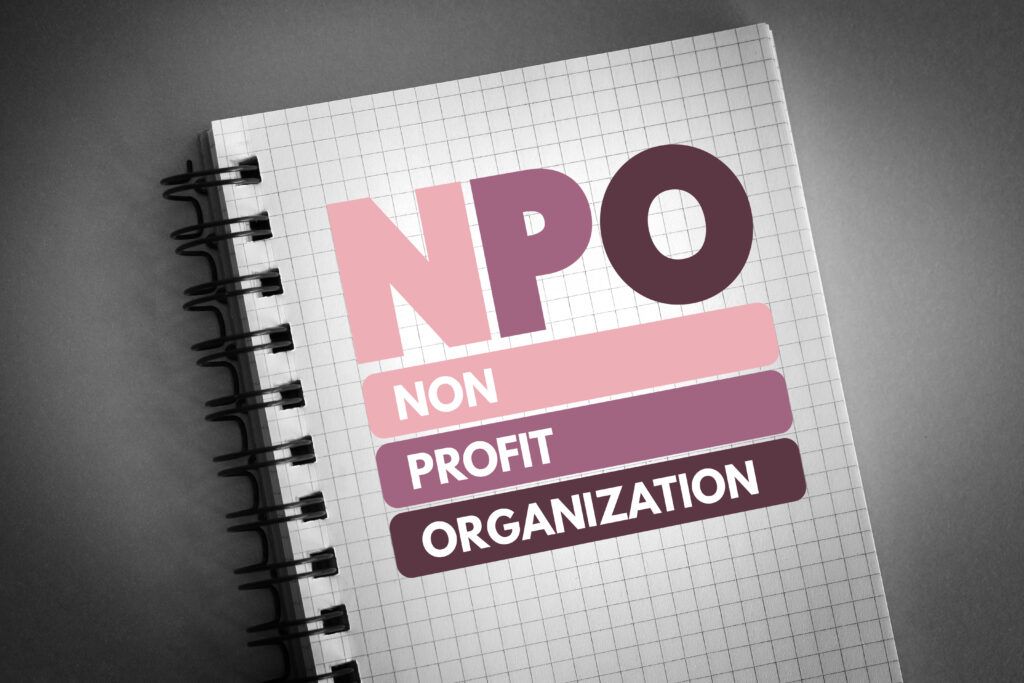Learn About Establishing a Non-Profit Entity with Margaret Zylka House
This month, we explore the legal considerations when forming a non-profit organization. Starting a non-profit organization allows individuals to serve their communities while benefiting from tax-exempt status but requires careful legal planning to meet federal and state regulations. Margaret Zylka House, Attorney at Law understands the steps involved in forming a non-profit organization to ensure compliance and long-term success.
Choose a Non-Profit Purpose and Structure That Meets Legal Requirements
A non-profit must serve a charitable, educational, religious, or public service purpose to qualify for tax exemption. Founders must define the organization’s mission, goals, and structure. Pennsylvania non-profits can take various forms, including:
- Charitable organizations – Focus on education, healthcare, or social services.
- Religious entities – Support faith-based initiatives.
- Civic and membership groups – Promote arts, culture, or local development.
Choosing the right structure ensures compliance with Pennsylvania and IRS regulations.
File Articles of Incorporation with the State of Pennsylvania
To establish a legal entity, founders must file Articles of Incorporation with the Pennsylvania Department of State. This document includes:
- The organization’s name and registered office
- Its non-profit purpose and governing structure
- Names of initial directors
Incorporation provides legal protection and credibility while meeting state requirements.
Draft Bylaws and Establish a Board of Directors of the Non-Profit
Bylaws outline governance rules, including leadership roles, voting procedures, and financial policies. The organization must also appoint a board of directors to oversee operations and ensure compliance with legal obligations.
Register and Apply for State Tax Exemptions and Maintain Compliance
Pennsylvania requires non-profits to:
- Register for state tax exemption through the Department of Revenue
- File charitable solicitation registration if fundraising from the public
- Maintain annual filings to stay in good standing
A Federal Employer Identification Number (EIN) from the IRS is necessary for banking and tax filings. Non-profits seeking tax-exempt status must file Form 1023 or Form 1023-EZ with the IRS to receive 501(c)(3) designation.
Proper planning ensures non-profit success. Margaret Zylka House, Attorney at Law helps organizations navigate formation and compliance to form a not-for-profit entity in Pennsylvania.
For more information on any of our legal services, call (724) 628-4955. Visit us on Facebook for our latest news. Our attorneys are here to help you navigate the legal considerations when forming a non-profit organization.

